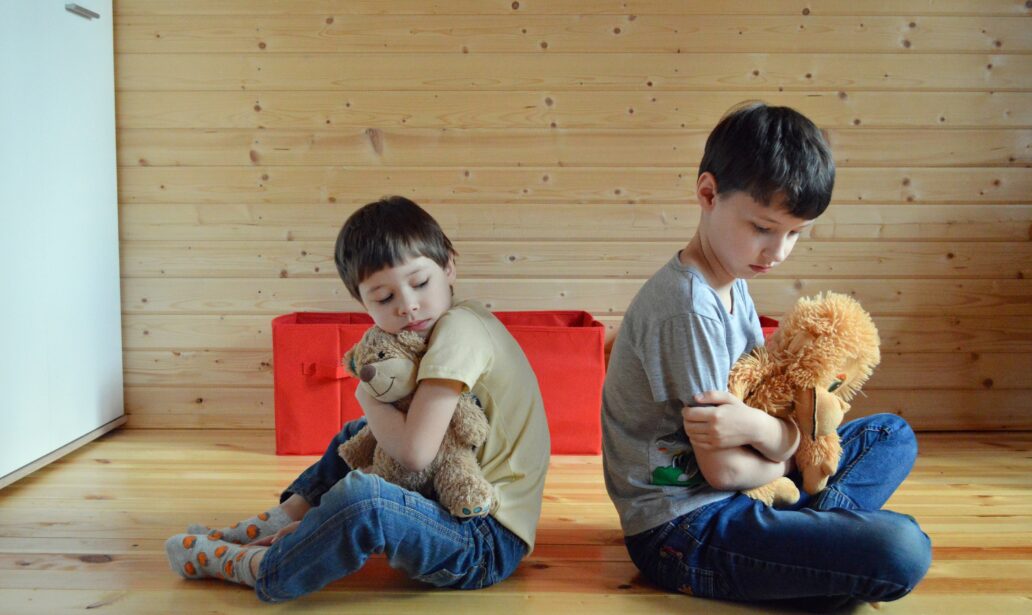It is essential to have positive discipline when raising happy and healthy toddlers. Forming boundaries and having set consequences are key parts of helping guide a child’s behaviour, but it is just as important to take a positive and constructive approach to discipline. Punishment and severe discipline methods can result in negative consequences and affect a child’s development. Here, we will go over positive discipline strategies for toddlers that include setting boundaries and consequences, as well as how to avoid punishment. If you use these strategies, you can assist your child in developing self-discipline, bettering their behaviour, and forming a stronger parent-child relationship.
Understanding Toddlers’ Behaviour
Having positive discipline is an integral part of being able to raise happy and healthy toddlers. While setting consequences and boundaries are necessary tools in guiding a child’s behaviour, it is just as important to always approach discipline with a positive attitude. If punishment or harsh discipline are used, it often leads to negative outcomes and can negatively impact a child’s development. This article explores different positive strategies for toddlers such as setting boundaries and consequences, as well as how to avoid punishment altogether. With these techniques, you can help your child develop self-discipline, improve their behaviour, and build a stronger parent-child relationship
Setting Boundaries
Creating firm boundaries is an essential element of effective discipline for toddlers. It helps them understand which behaviours are acceptable, establishes a sense of security, and provides predictability. When setting boundaries, it is important to take into account a toddler’s age and developmental stage, as well as their personality. Boundaries should be enforced in a positive way, and parents should be open to making changes if needed based on the child’s behaviour or development. With clear boundaries in place, toddlers can learn self-discipline and how to cope with the world around them.
Consequences
Consequences play an integral role in toddler discipline–but it’s just as important to administer them positively. Effective consequences should be age-appropriate, related directly to the undesired behaviour, communicated calmly and respectfully. There are two types of consequences: logical (i.e., where there is a direct cause-and-effect relationship between the poor choice and its penalty) or natural (allowing your child to experience firsthand what results from his or her actions). When doling out consequences it’s key to focus on desired outcomes rather than punishments in order to help your toddler learn from mistakes while developing self-control.
Avoiding Punishment
In most cases, it is best for parents to refrain from using punishment when disciplining their toddlers. More often than not, punishment results in negative consequences like resentment, fear or insecurity in the child which can have harmful effects on their development down the road. Positive discipline tactics such as redirection and natural consequences are more useful in teaching children lessons and helping them accept responsibility for their behaviour without making them feel excessively punished.
Tips on Successful Positive Discipline
Consistency, patience, and effective communication are key for successful positive discipline. Focusing on positive reinforcement, rather than highlighting what your toddler is doing wrong, is an important tip for success. Consistency and follow-through are crucial, as toddlers respond well to routine and predictability. When talking to your child, use clear and simple language, and get down to their level physically. This makes them feel heard and understood. With these tips in mind, parents can effectively implement positive discipline strategies and help their toddler develop essential life skills.
Conclusion
Parents need to enforce positive discipline to raise happy and healthy toddlers. This will help the child develop self-discipline and a sense of responsibility. It will also build a strong parent-child relationship. Clear boundaries need to be set by the parent along with applying appropriate consequences when needed but avoiding punishment. Effective communication is key to successful positive discipline along with focus on positive reinforcement and consistency. By implementing these strategies regularly, parents can help their toddler grow into a happy well behaved child that becomes apart of a positive supportive family dynamic.

